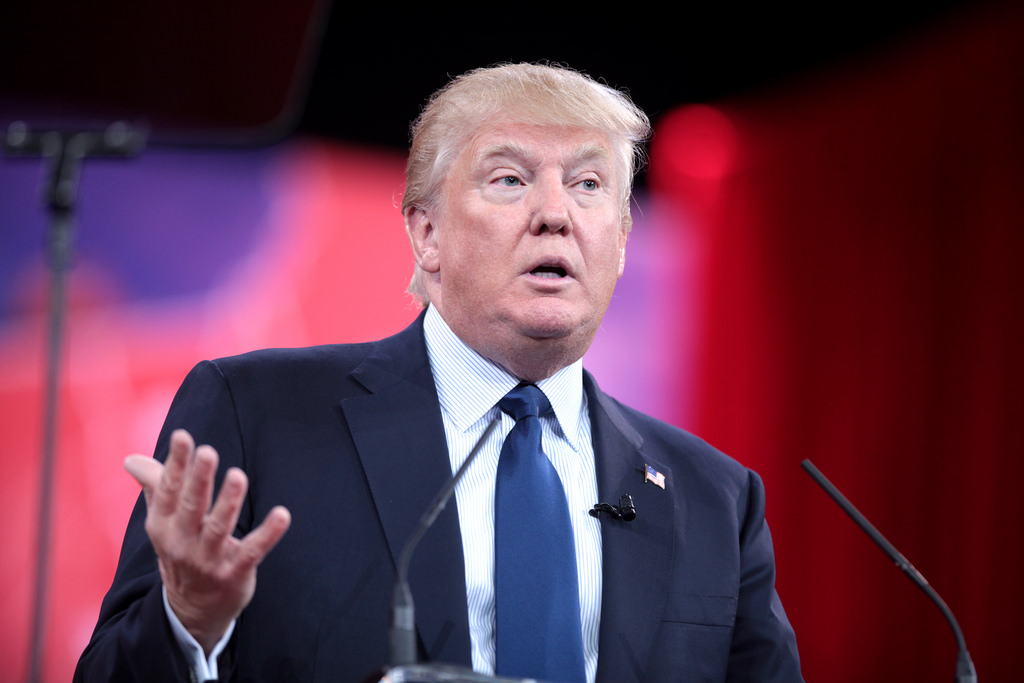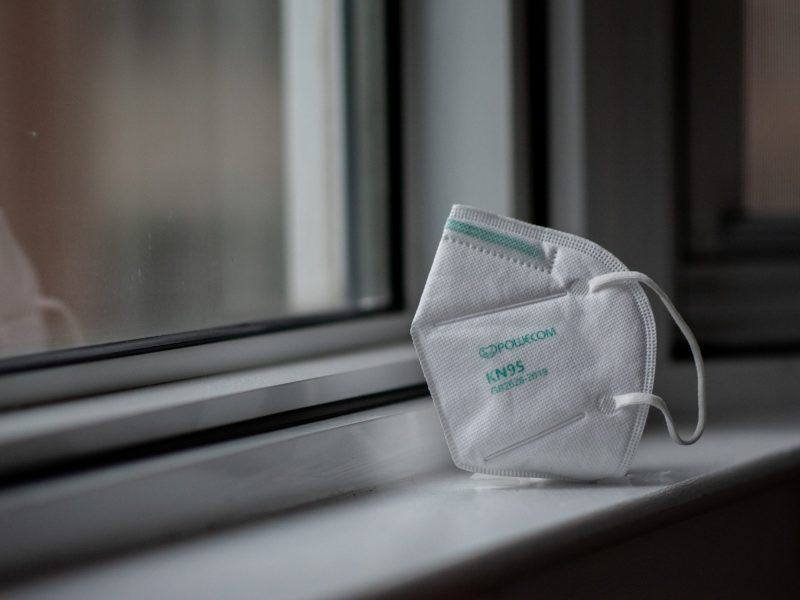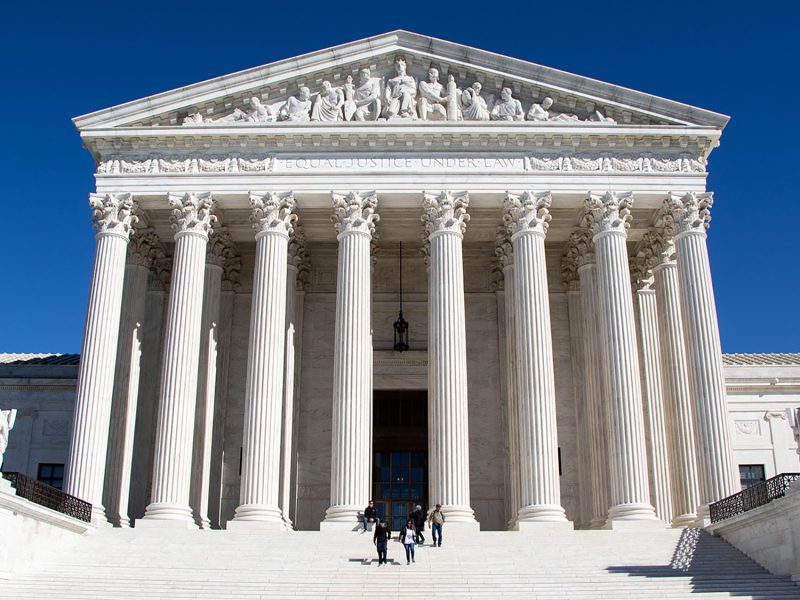A Maryland federal judge ruled against Trump’s most recent travel ban, calling it an “inextricable re-animation of the twice-enjoined Muslim ban.”
U.S. District Judge Theodore D. Chuang blocked part of the ban that restricts travel from those who don’t have a “bona fide” relationship with a person or entity in the United States.
Chuang reasoned that the executive order violates a nondiscrimination portion of immigration law because it restricts travel based on a person’s nationality.
The revised ban was set to begin in full Wednesday morning. It would restrict entry to the U.S. for some people from Syria, Libya, Iran, Yemen, Chad, Somalia, North Korea and Venezuela.
This new version of the executive order adds two countries that are not predominantly Muslim. Before issuing the order to create the updated ban, the government had a review process.
[Read more: Trump appeals Maryland judge’s ruling blocking part of revised travel ban]
Despite this difference, Chuang still believes that ban is targeting Muslims. The government made “certain subjective determinations that resulted in a disproportionate impact on majority-Muslim nations,” Chaung wrote.
Chaung also wrote that the government did not offer any evidence to show an “intelligence-based terrorism threat” that would justify banning people from specific countries.
Chuang’s ruling comes one day after U.S. District Judge Derrick Watson blocked the Trump administration’s directive, prohibiting the government from enforcing the ban on anyone from six of those eight countries. His ruling did not affect North Korea and Venezuela — the only nations in the ban that are not predominantly Muslim.
Both Watson and Chuang also ruled against a previous version of the travel ban in March.
[Read more:”Things have changed”: After Trump travel ban, UMD student recalls her five-hour detention]
The White House said in a statement that Watson’s ruling “undercuts the President’s efforts to keep the American people safe and enforce minimum security standards for entry into the United States.”
The Justice Department said it will appeal Watson’s order, according to The Washington Post.
“These restrictions are vital to ensuring that foreign nations comply with the minimum security standards required for the integrity of our immigration system and the security of our Nation,” the White House statement read. “We are therefore confident that the Judiciary will ultimately uphold the President’s lawful and necessary action and swiftly restore its vital protections for the safety of the American people.”



